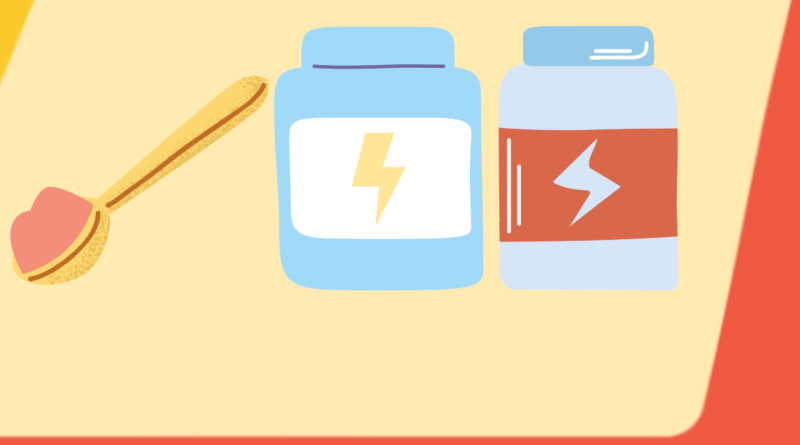8 kinds of protein powder and how they work ?
Protein is an important nutrient requirement of body. It is needed to perform various functions like muscle gain, making antibodies, fighting infections, building bones, boosting metabolism, reducing cravings and so on.
But what do we mean by protein powder ?
Even if you don’t know much about protein powder you must have heard it from someone who regularly goes to gym, a bodybuilder or someone who is planning to work better on his/her health.
In the most simple words, the protein that comes in powdered form from various sources is referred to as protein powder.
But is this it? Are there any types of protein powder? Do they all function similarly?
Dive in to know :-
There are different kinds of protein powder made from different components. Let’s have a look at some of these below
1. Whey protein
Whey is something which is separated from milk using straining method and is manufactured directly from cheese. It is a mixture of proteins isolated from whey, the liquid material that is created as a by- product of cheese manufacturing process. In short, it is a byproduct of milk when cheese is made.
It is an excellent source of high quality protein promoting muscle growth. On the other hand, it’s consumption can be proved problematic to people with lactose intolerance.
2. Casein protein
The main protein in casein protein is milk.
Casein protein provides the body with all the required amino acids important for building muscles. The casein forms a gel when it interacts with your stomach acid and is digested slowly as compared to other proteins. The reducing rate of muscle protein breakdown in it helps in reducing the appetite thus making you feel full for longer.
3. Pea protein
Pea protein is a source of protein powder extracted from yellow and green split peas.
It is again an effective supplements to build up muscles. Pea protein is a high quality protein powder rich in iron, arginine and branched chain amino acids. It makes you feel full better than carbs and fat. It helps in reducing your calorie intake by increasing the feeling of satiety. The feeling of fullness reduce binge eating thereby aiding weight loss. Additionally, it promotes good heart health too.
4. Soy protein
As the name suggests, soy protein is the protein isolated from soybeans. Soy protein is a plant based protein and is a good alternative to people who are allergic to milk proteins. Soy protein contains all essential amino acids required for the body and can also help your gut barrier. It acts as both supplementary and complementary protein and help with functional properties like water absorption and solubility. Although the overconsumption of soy protein can increase estrogen levels.
5. Plant protein
Plant protein is a protein source that comes from plants. It includes combination of plant protein from 2 or more protein sources. The combination can include quinoa, peas, chia seeds and certain other grains. Plant based protein powders are high in fiber and low in calories. They serve a function in providing building blocks to healthy muscles and tissues.
6. Brown rice protein
Brown rice contains amino acids that help nourish blood vessels, improve kidney and liver function. Thus, brown rice protein contains high amount of natural starches and protein and for this reason has been associated with building muscle mass and various health benefits. It is a rich source of dietary fiber, contains high levels of magnesium which protects you from heart diseases.
7. Hemp protein
Hemp is a plant that has been grown specifically for industrial or medicinal use. Hemp protein contains loads of omega 3 fatty acids although the amino acids present is in less quantity. Hemp protein is easily digestible. It is considered low in protein but benefits health in various ways by increasing energy levels, improving digestion, boosting immunity, fighting heart diseases and so on.
8. Almond protein powder
Almonds are an excellent source of protein, dietary fiber, calcium and various minerals. They are sources of healthy fats, free of gluten and cholesterol. Almond protein powder is extremely nutritious, rich in vitamin E and other antioxidants. Also, the powder is way more concentrated source of protein as compared to whole protein. The antioxidants present can help with conditions like diabetes and stroke.
There are different kinds of protein powders available in the market. The wise decision is to choose the one that suits you, fulfills your nutritional requirement, complement with your diet plan and takes you close to your health goals.
(The definition of right kind of protein differs from person to person).




I think other web site proprietors should take this web site as an model, very clean and wonderful user friendly style and design, as well as the content. You are an expert in this topic!